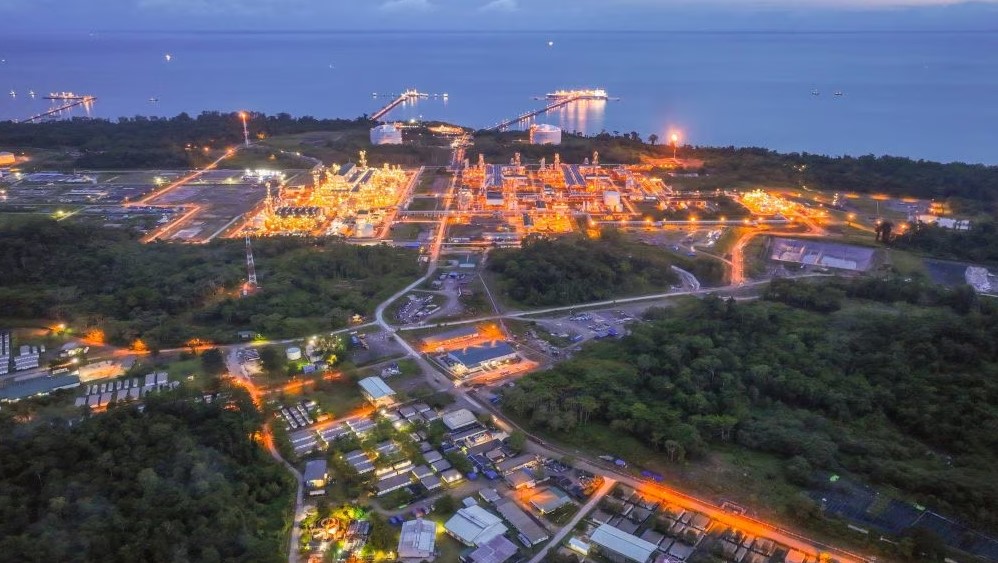This story requires a subscription
This includes a single user license.
The EPCI contract is part of the BP Berau-led integrated project known as Tangguh UCC, comprising of Ubadari field development, enhanced gas recovery through carbon capture, utilization and storage (EGR/CCUS), and onshore compression.
Saipem said the value of the contract is about $1.2 billion and Saipem’s share amounts to about $1 billion.
The Tangguh UCC project encompasses the production of natural gas resources from the Ubadari offshore field and its transportation to the onshore Tangguh LNG plant where it will undergo a CO2 separation process.
The captured CO2 will then be sent into an offshore platform for re-injection into the reservoir, helping to extract additional natural gas resources.
Saipem’s activities include the engineering, procurement, construction and installation of two wellhead production platforms, a wellhead platform for the re-injection of CO2 and approximately 90 km of associated pipelines.
According to Saipem, the platforms will be fabricated locally in Karimun, Saipem’s largest yard worldwide and one of the largest in the Southeast Asian region, with over 5,000 employees and approximately 1.4 million square meters area including the marine base and docks.
Saipem was also part of a joint venture that built the third liquefaction train at the Tangguh LNG facility.
Last year, the JV of Saipem, Japan’s Chiyoda, and Indonesia’s Tripatra handed over the third liquefaction train to BP.
2028
UK-based energy giant BP and its partners in Tangguh LNG just announced a final investment decision on the $7 billion Tangguh UCC project.
Japan’s LNG engineer JGC has won a $2.4 billion contract for the BP-led Tangguh UCC project.
With the award of the onshore EPCI contract for the Tangguh UCC project, JGC will be responsible to install onshore compression facilities at the Tangguh LNG plant.
The UCC project expands and utilizes existing infrastructure at the Tangguh LNG facility in Papua Barat.
BP said production at the Ubadari field is expected to start in 2028.
Moreover, Tangguh CCUS aims to be the first CCUS project developed at scale in Indonesia, with potential for sequestering around 15 million tonnes of CO2 from Tangguh’s emissions in its initial phase.
The UCC project has been designated as a national strategic project by the government of Indonesia and represents the continued development of Tangguh, following the addition of the third LNG train which began operation in 2023 and brought total plant liquefaction capacity to 11.4 million tonnes per year.
BP said the UCC project includes the extension of the gas feed to Tangguh LNG through the development of the Ubadari field with the potential to reduce Tangguh LNG’s operational emissions via CO2 sequestration.
The government of Indonesia approved the plan of development (POD) for the Tangguh UCC project in August 2021.
BP is the operator of Tangguh LNG, acting on behalf of Tangguh production sharing contract partners.
The energy giant operates Tangguh with 40.22 percent participating interest, with partners MI Berau (16.30 percent) CNOOC Muturi (13.90 perrcent), Nippon Oil Exploration (12.23 percent), KG Berau Petroleum (8.56 percent), KG Wiriagar Petroleum (1.44 percent), and Indonesia Natural Gas Resources Muturi (7.35 percent).

